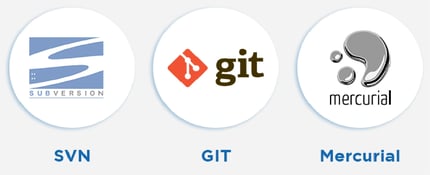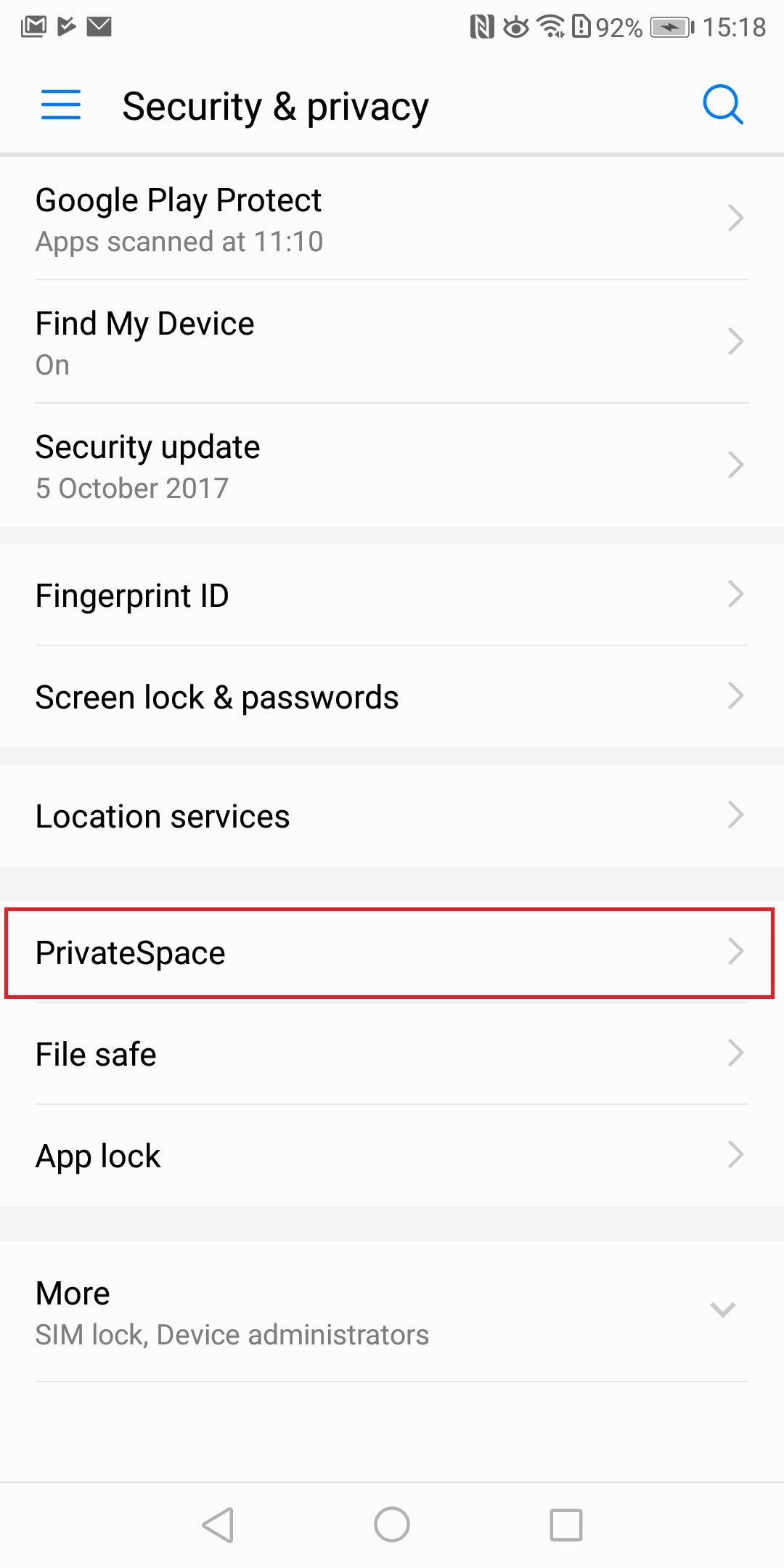
Introduction:
Version control is a crucial aspect of modern software development, ensuring that codebases remain organized, collaborative, and efficient. In this article, we will delve into key best practices and tips for effective version control, empowering developers to streamline their coding workflows.
1. Choosing the Right Version Control System:
Selecting an appropriate version control system is foundational. Git, with its flexibility and robust features, is a popular choice. However, alternatives like Mercurial or Subversion might be suitable for specific project requirements. Consider the nature of your project and the needs of your team when making this decision.
2. Meaningful Commit Messages:
Crafting meaningful commit messages is an often-overlooked practice that pays off in the long run. A well-described commit message provides clarity to collaborators about the purpose of the changes. This practice becomes invaluable when looking back through the project history or during collaborative debugging sessions.
3. Consistent Branching Strategies:
Establishing a consistent branching strategy is essential for maintaining order within the repository. Whether adopting a feature branching model, Gitflow, or another strategy, consistency ensures that team members can easily understand the structure and purpose of different branches.
4. Regularly Pulling Latest Changes:
Frequent integration of the latest changes from the main branch into your local branch helps avoid conflicts and ensures that you are working with the most up-to-date code. Regular pulls also contribute to a smoother collaboration process, reducing the likelihood of merge conflicts.
5. Branch Cleanup:
Keeping a tidy repository involves cleaning up branches that are no longer needed. Remove branches associated with completed features or bug fixes to declutter the repository. This practice makes it easier to navigate the project history and reduces confusion for developers joining the project.
6. Utilizing Git Tags:
Tags in Git provide a snapshot of a specific point in the project’s history, often associated with a release. Leveraging tags helps mark important milestones, facilitating easy navigation and reference. Use annotated tags and include relevant information to make them more informative.
7. Code Reviews as a Standard Practice:
Incorporate code reviews as a standard practice within your version control workflow. Peer reviews not only improve code quality but also serve as an educational opportunity for team members. Tools like GitHub or GitLab make code reviews seamless, with features like inline commenting and pull request discussions.
8. Secure Your Repository:
Implement security best practices to safeguard your version control repository. Use strong authentication mechanisms, restrict access based on roles, and regularly audit permissions. Additionally, be vigilant about dependencies, ensuring that the libraries and packages used are free from vulnerabilities.
9. Documentation for Collaboration:
Documenting your version control processes and conventions is essential, especially for onboarding new team members. A clear and concise guide aids in understanding branch strategies, commit message conventions, and other specific workflows unique to your project.
10. Continuous Learning and Training:
Version control systems evolve, and new features are introduced regularly. Encourage a culture of continuous learning within your team. Stay updated on the latest advancements, attend workshops, and invest in training programs to ensure that your team maximizes the potential of your chosen version control system.
Conclusion:
Version control is the backbone of collaborative coding efforts, and embracing best practices is key to a smooth and efficient development process. By adhering to these tips, teams can ensure that their version control workflows contribute to a more organized, collaborative, and ultimately successful coding experience.
To explore further insights into Version Control Best Practices Tips for Coding, visit boydmillerwebdesign.com.



![Average Renovation Costs in [Your Location] Average Renovation Costs in [Your Location]](https://images.unsplash.com/photo-1517103278237-421a1cb020fa?fm=jpg&q=60&w=3000&ixlib=rb-4.0.3&ixid=M3wxMjA3fDB8MHxzZWFyY2h8M3x8aG93JTIwbXVjaCUyMHJlbm92YXRpb24lMjBjb3N0fGVufDB8MHwwfHx8Mg%3D%3D)






